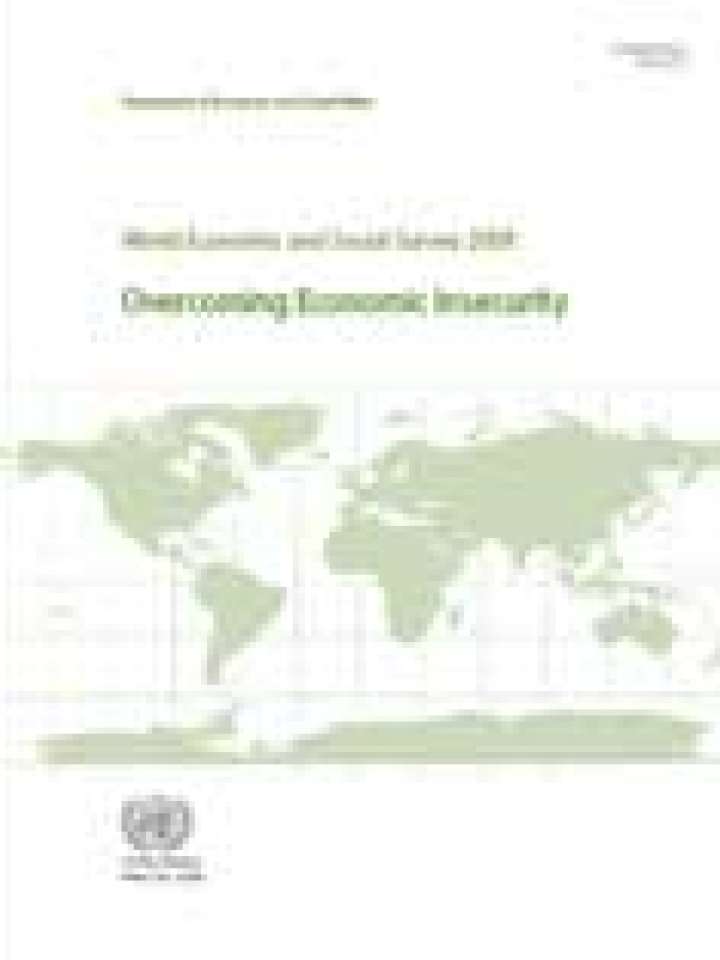Overcoming economic insecurity
Climate change and the damage to economic livelihoods caused by natural disasters, whether drought in Australia or floods in Bangladesh, are stark warnings of the consequences of complacency. Health pandemics, such as that of HIV/AIDS, raise similar concerns. Further, it is the world’s poorest and most vulnerable communities that are on the front line of exposure to these truly global threats. In 2008, rising food prices have triggered serious political unrest in a number of countries and led to renewed support for putting food security back in the international agenda. The recent financial turmoil in the world economy still threatens a sharp growth slowdown which will endanger livelihoods in rich and poor countries alike.
Because disasters may increase food insecurity, preventive measures designed to deal with food vulnerability are likely to be a crucial part of disaster preparedness in many poorer countries. This will require early warning systems, including at the inter national level, mapping of food-insecure households classified by degree of malnutrition and deficiencies in food consumption, and active support to small and medium-scale crop agriculture (for example, subsidies to agricultural inputs), as well as cash transfers.
Explore further
